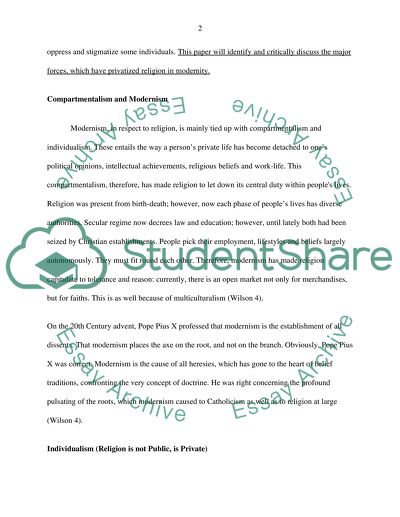Cite this document
(“Majors Forces That Have Privatized Religion Essay”, n.d.)
Retrieved from https://studentshare.org/religion-and-theology/1479470-majors-forces-that-have-privatized-religion
Retrieved from https://studentshare.org/religion-and-theology/1479470-majors-forces-that-have-privatized-religion
(Majors Forces That Have Privatized Religion Essay)
https://studentshare.org/religion-and-theology/1479470-majors-forces-that-have-privatized-religion.
https://studentshare.org/religion-and-theology/1479470-majors-forces-that-have-privatized-religion.
“Majors Forces That Have Privatized Religion Essay”, n.d. https://studentshare.org/religion-and-theology/1479470-majors-forces-that-have-privatized-religion.


